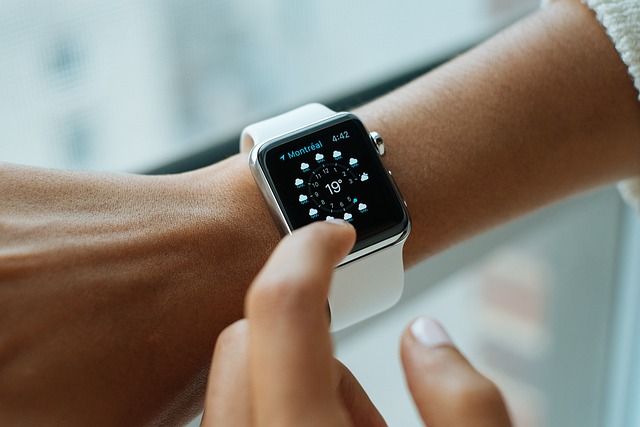The Impact of Screen Time Restriction on Social Media Addiction
In today’s fast-paced digital world, the allure of social media is undeniable. With just a few taps, we can connect with friends, share moments, and explore endless streams of content. However, this constant connection comes at a price—social media addiction. It’s a term that many of us might feel resonates with our daily lives, and the implications are profound. One effective approach in mitigating the negative effects of social media addiction is the implementation of screen time restriction.
Understanding Social Media Impact
Social media has transformed the way we interact, enabling us to forge connections across vast distances. Yet, with this convenience comes a multitude of challenges. For many, scrolling through feeds has become a mindless habit, often leading to feelings of anxiety and inadequacy as we compare our lives to the curated perfection of others. The impact on mental health is significant; studies have shown a correlation between excessive social media use and increased levels of depression and loneliness.
Why Implement Screen Time Restriction?
The concept of screen time restriction may initially seem daunting. It may feel like giving up a vital part of our daily routine, but the benefits can be profound. By setting boundaries on our screen time, we allow ourselves to reclaim precious hours that could be used for more fulfilling activities. This practice not only encourages healthier interactions with social media but also helps to foster better mental health.
Implementing screen time restriction can take various forms, from utilizing apps that monitor usage to establishing specific times where devices are put away. This kind of intentional disengagement provides us the opportunity to engage in real-world activities, resulting in a more balanced lifestyle.
The Transformation Through Restrictions
As we start to take control of our screen time, we may notice a shift in our perspective on social media. Rather than it becoming a compulsive activity, it transforms into a tool for connection that we use mindfully. With reduced screen time, individuals often report enhanced creativity, improved focus, and a stronger sense of well-being.
Moreover, by recognizing our triggers and setting clear boundaries, we can shift social media from being a source of stress to a place of inspiration. The benefits are not just personal; when we engage less compulsively with these platforms, we contribute to a more authentic online community, allowing for healthier interactions among friends and followers.
Ultimately, screen time restriction serves as a powerful means to combat social media addiction. It encourages us to step back, reflect, and engage with our online worlds intentionally. The journey may be challenging, but the rewards of clearer minds and deeper connections are certainly worth the effort.



